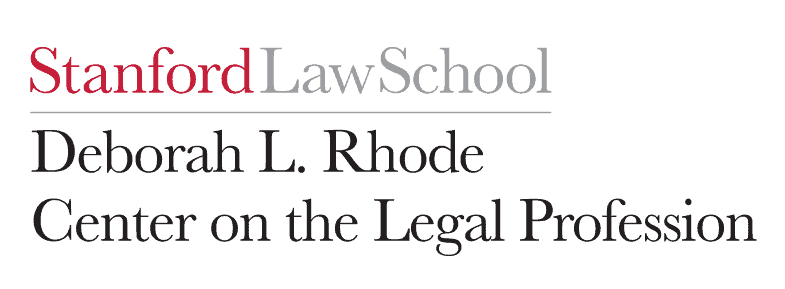In October 2020, the Center co-hosted a virtual convening on legal-education accreditation with the Institute for the Advancement of the American Legal System (IAALS) and Law School Transparency.

The context and motivation for the convening came from three important publications on legal education that came out in early 2020, before the onslaught of Covid-19: the report from the ABA Commission on the Future of Legal Education, Ben Barton’s Fixing Law Schools, and LST’s 2025 Vision from Law School Transparency.
One theme of all three reports—and many other recent publications and commentary—is that legal education must do better on access, affordability, and innovation. Despite general agreement that reform is needed, change is too slow and halting, in part because law schools face structural barriers that frustrate reform efforts.
This virtual convening—which included some of the country’s leading experts—zeroed in on one of these structural issues: the accreditation standards and process for law schools. All three recent publications raise concerns that the ABA’s accreditation standards contribute to the homogeneity, high cost, and lack of innovation that characterize U.S. law schools. These criticisms are not new, and indeed, the ABA Council on Legal Education—the accrediting body and regulator of law schools—has shifted in recent years towards less reliance on prescribing “in
puts” for schools (i.e. size of the library) and more on outcome measures (i.e. what students must know and do).
In particular, the gathering kicked off with brief remarks from the principal authors of each of the three reports, followed by a discussion with the ABA Council’s two most recent Managing Directors on the key principles of law school regulation. The group then turned to the question of how the accreditation standards affect the kinds of educational models that emerge (and don’t emerge), spurred by remarks from former Undersecretary for Education and president of the Western Association of Schools and Colleges accreditor Jamienne Studley and an academic dean from the innovative university Minerva, which has a 100% online curriculum and is a leader in higher education at teaching and measuring learning outcomes.
Finally, the convening closed with discussion of how to do quality assurance focused on student outcomes—how to assure that new lawyers graduate with the competencies they need for practice—led by University of Michigan professor Lisa Lattuca who was the co-principal investigator of a national study on the impact of outcomes-based accreditation on student learning in engineering programs. There was also discussion about possible next steps, which the Center has pushed forward since the convening.
